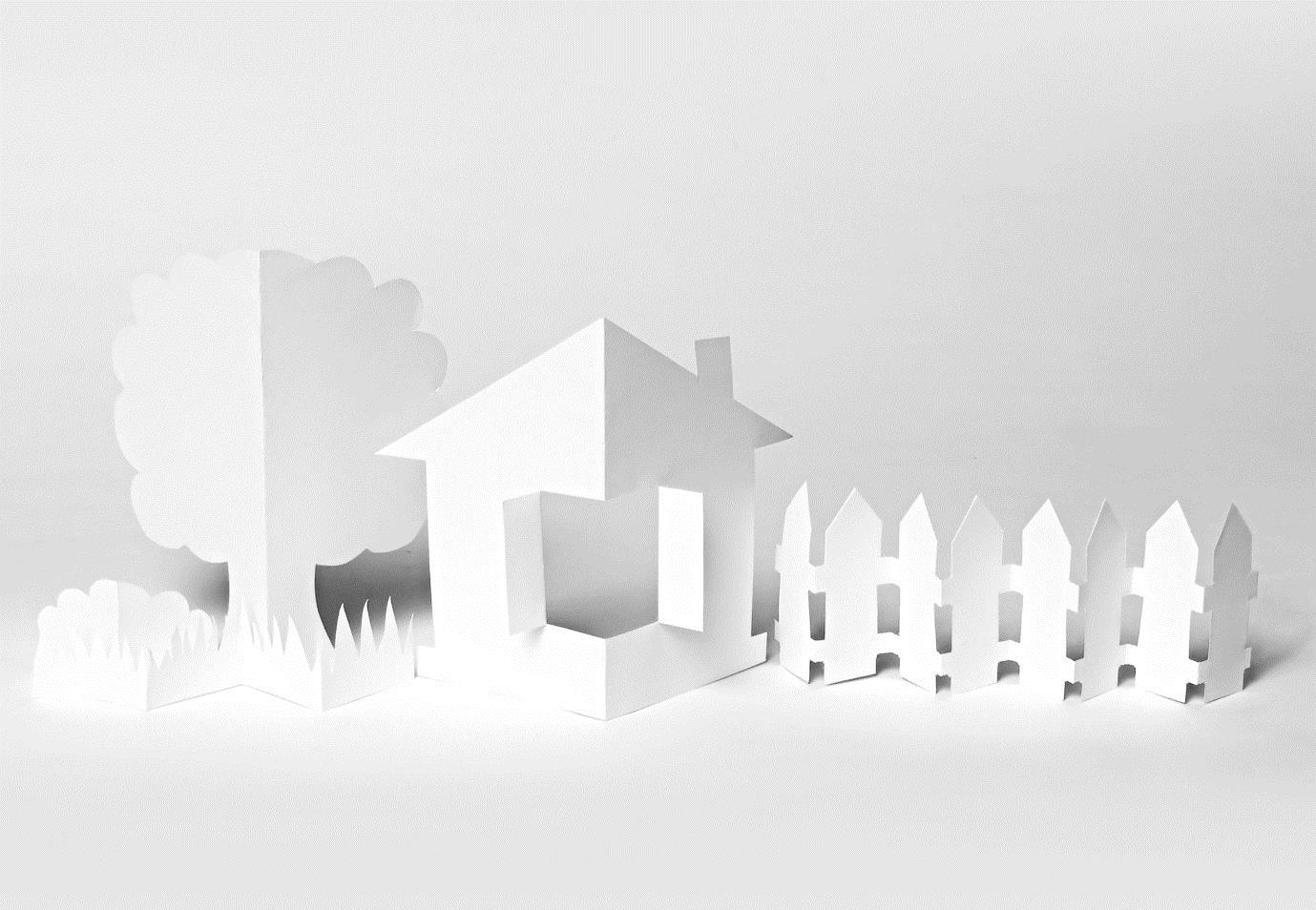There are several movements and initiatives for workplaces to be paperless. The idea is that it is a step above recycling paper, as you don’t even consume any paper to begin with. This idea transfers naturally to home life, and many households keen to do their part for the planet are going the extra mile to ensure their house is as green and paperless as possible.
But you might ask whether or not it’s possible to be entirely paperless? And you’re probably wondering what obstacles might stand in your way. What follows is a guide on how to become a paperless household.
Convert all bills to e-bills and all mail to email
An entire household can generate an astounding amount of post. Be it mobile phone contracts, TV license updates, bank statements, Sky TV subscriptions, etc., there are countless clubs, subscriptions and bills that encourage companies to send us letters on a regular basis.  If the companies aren’t going to be paperless, we need to tell them what we want. A lot of services offer you the opportunity to ask for an emailed monthly bill or subscription, instead of having one sent by post.
If the companies aren’t going to be paperless, we need to tell them what we want. A lot of services offer you the opportunity to ask for an emailed monthly bill or subscription, instead of having one sent by post.
Make a meticulous list of all of your household’s post and contact each letter’s originator and request that they contact you by email instead. A lot of online services allow you to select this option without having to spend five minutes negotiating your way through a call centre’s automated “Press one if you would like to speak to a robot” service. Also, make sure you request to be taken off other companies’ mailing lists, should you get a letter advising you to invest in cavity-wall insulation or something equally interesting…
Side note: also kindly request that your friends and family don’t send you birthday or Christmas cards. Chances are they know that you are careful about paper and the environment, but some people will need reminding.
Be Ultra Organised
Right. It’s done and you’re getting no more post through the letter box. But if there isn’t a pile of bills staring at you from your pile-of-bills table by the door, it might be easy for you to forget about your various monthly payments and finance obligations. Organisation is paramount here. Make a household Googledocs, Cloud Storage account or even just an email address for everyone to use and ensure that it is very secure. Make accessing your electronic mail as convenient as possible by investing in a tablet. Viking has a great tablet computers section if you need one; the selection is huge. Having a tablet computer handy will allow you to pick it up and manage your emails for five minutes without having to go to the bother of turning on a desktop or laptop.
Side note: create folders for each month, to clearly mark where one month’s mail starts and another’s ends. This lets you keep on top of things and access old information easily. Also be sure to back everything up every week or two; just to be on the safe side.
Only Read Online
Cancel any newspaper or magazine subscriptions or convert them to online subscriptions, to be read on your laptop (or new tablet computer) instead of from a hard copy. You can take this to its absolute extreme and refrain from purchasing paper books – opting instead for e-books on your tablet or Kindle. A more moderate option is to only purchase books from responsible publishers who are involved in recycled paper schemes and replanting initiatives, such as 100% Replanted. Beyond that, always make sure to purchase books from second-hand stores when possible.
Side note: ensure that any waste paper your house does generate is recycled accordingly.
Don’t print anything
This might sound obvious, but there are some things that most people assume they must print off, such as train tickets and airport boarding passes. Recently there are a lot of services that allow you to show the confirmation email on your smartphone or tablet. It’s always worth reading the fine print or phoning up to ask if you can avoid printing something out unnecessarily.
Cloth Nappies/Diapers
Whether you call them nappies or diapers, it means the same thing: your baby is going to go number-ones and number-twos in it. To avoid using paper nappies/diapers, try cloth alternatives. They don’t need to look or feel grubby and one definite advantage is that they will never break or burst. Keya Chatterjee talks at length about how to watch yours and your baby’s impact on the environment. You don’t need to go to the lengths she has, but it’s definitely worth reading how she was able to care for her environment and her baby.
There we have it: five great tips to make your household paperless. These tips apply to most households, but your household might have its own specific obstacles. The best advice is to be vigilant and proactive.